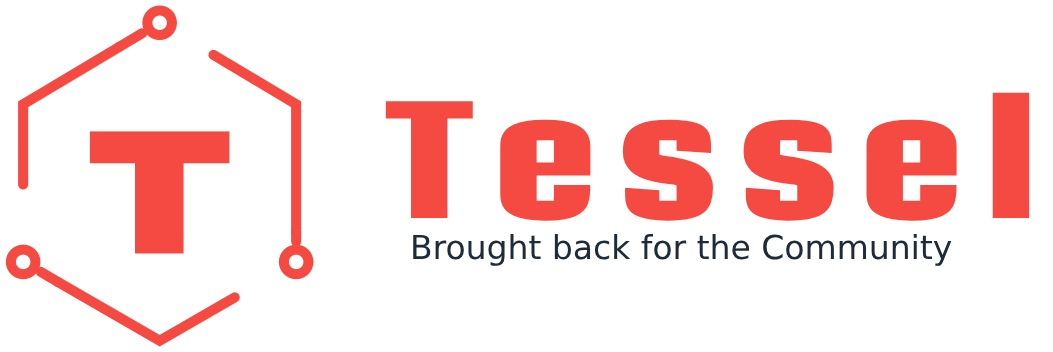Jon McKay’s journey from a foundation in web development to co-founding Technical Machine—a hardware startup that achieved nearly $200k in crowdfunding revenue in just over 100 days—embodies the entrepreneurial spirit and innovative thinking required to succeed in this sector.
This guide distills the essence of McKay’s experience and the strategic approaches that propelled his venture from concept to a product poised for mass production. It offers actionable insights and lessons for those poised to embark on their own hardware startup adventure, highlighting the importance of agility, effective prototyping, and community engagement in the competitive tech landscape.
1. Embracing the Lean Startup Approach
The principles of the Lean Startup methodology are equally applicable to hardware ventures. Early and rapid prototyping, coupled with immediate user feedback, lays the foundation for iterative development. Technical Machine’s initial experiments with Arduino to gauge developer interest underscore the importance of validating the product concept before advancing to more sophisticated stages of hardware development.
2. Cost-Effective Prototyping with Evaluation Boards
Leveraging evaluation boards for integrated circuits can significantly reduce prototyping expenses. These boards, equipped with essential circuitry and connectors, enable entrepreneurs to focus on refining their prototype without the immediate need for custom circuit design, thus extending their financial runway.
3. Stability Through Reference Designs
Adhering to manufacturers’ reference designs minimizes the risk of encountering unforeseen hardware issues. These designs, provided with integrated circuits, offer a blueprint for supporting components, ensuring the reliable performance of the hardware, especially in applications involving high-frequency chips.
4. Leveraging the Web for Market Validation
An early and effective web presence can serve as a powerful tool for market validation. By conveying the value proposition of the hardware through a dedicated website, entrepreneurs can attract early adopters and gather valuable feedback, as demonstrated by Technical Machine’s success in building a substantial mailing list ahead of their crowdfunding campaign.
5. Crowdfunding as a Validation Tool, Not Just Funding
While crowdfunding has revolutionized hardware startups by reducing the need for substantial initial inventory, its primary value lies in market validation. Analyzing feedback from crowdfunding platforms provides crucial insights into consumer interest and areas for product improvement, guiding further development.
6. Efficiency with Test-Driven Development
Applying test-driven development principles to hardware can streamline the revision process. By preparing comprehensive test suites and maintaining a rigorous documentation of issues encountered with each prototype iteration, teams can minimize delays and optimize the design cycle.
7. Capitalizing on Free Samples
Many manufacturers offer free samples of their components, which can considerably lower the costs of prototyping. This approach enabled Technical Machine to utilize valuable resources like WiFi module samples without straining their budget.
8. The Power of Open Source Hardware
Embracing open source hardware accelerates development and fosters community collaboration. By integrating and contributing to open source designs, hardware startups can benefit from collective innovation, reducing the need to reinvent basic components.




